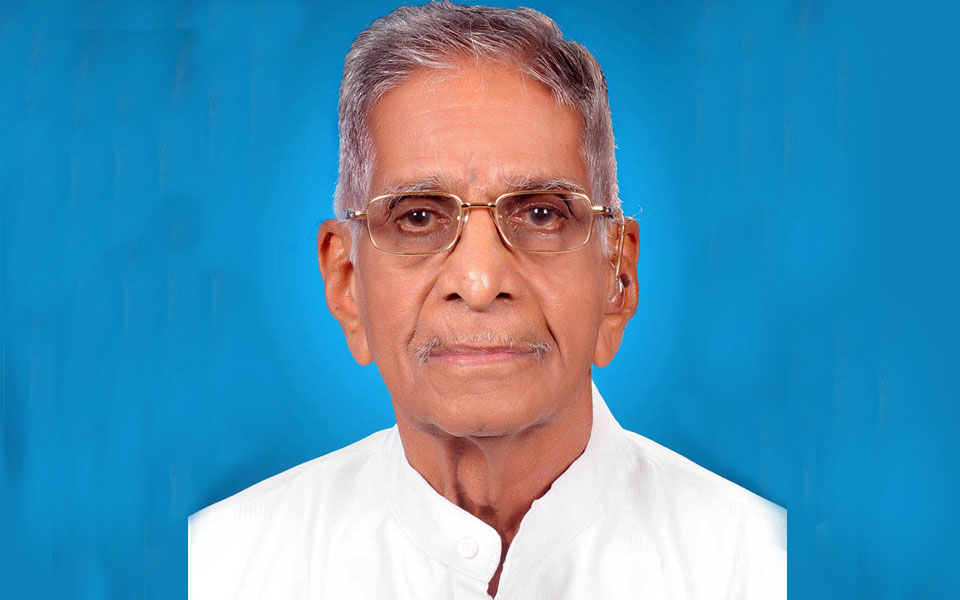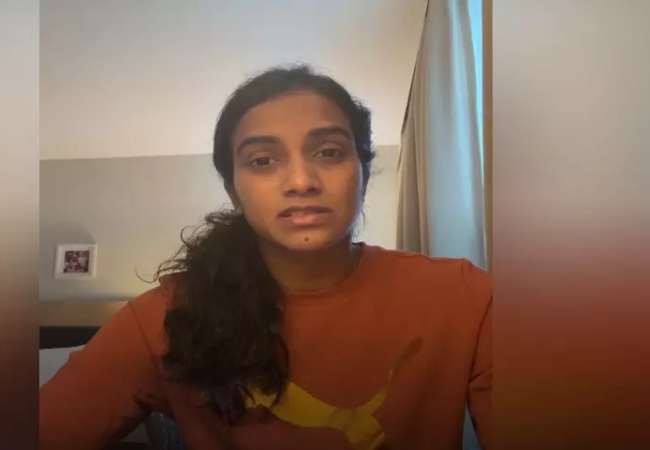Puttur, Oct 30: Senior businessman Sanjeeva Shetty (95), a resident of Puttur, passed away early on Tuesday morning following a cardiac arrest.
Sanjeeva Shetty complained of chest pain at around 4.30 am and was immediately taken to a local hospital where he was declared dead.
Sanjiva Shetty, who started a small textile shop in Puttur a couple of decades ago, expanded his business to Mangaluru and became popular as M. Sanjeeva Shetty. Former Prime Minister Atal Bihari Vajpayee had visited Shetty's home and had breakfast during the former's Puttur visit. The deceased is survived by four sons and an equal number of daughters.
The funeral will be held on Tuesday evening at 5 pm.
Let the Truth be known. If you read VB and like VB, please be a VB Supporter and Help us deliver the Truth to one and all.
Nagpur (PTI): The death toll in the Nagpur explosives company blast has gone up to 19 after one more person succumbed, police said on Monday.
Twenty-three other injured workers were undergoing treatment in hospitals here, a police official said.
The toll in the blast at the SBL Energy Limited factory on Sunday has risen to 19 with the death of one more worker, he said.
A high-level meeting chaired by Nagpur Guardian Minister Chandrashekhar Bawankule was underway at the divisional commissionerate here to deliberate and take stock of the incident that took place on Sunday.
Senior officials from various departments, local legislators and other leaders were present in the meeting.
The police have arrested nine directors of SBL Energy Limited, where the blast took place on Sunday morning, officials said.
The Kalmeshwar police here have registered a case against 21 directors and shareholders of the company under Section 105 (culpable homicide not amounting to murder) of the Bharatiya Nyaya Sanhita, they said.
The explosion occurred at the detonator packing unit of SBL Energy Limited, a mining and industrial explosives manufacturer, at Raulgaon in Katol tehsil of Nagpur district.
The bodies were charred beyond recognition, and samples of the family members were being taken for DNA testing to ascertain the identities of the deceased, police said.
Maharashtra Chief Minister Devendra Fadnavis has ordered a thorough investigation into the cause of the explosion.


_vb_21.jpeg)


_vb_28.jpeg)